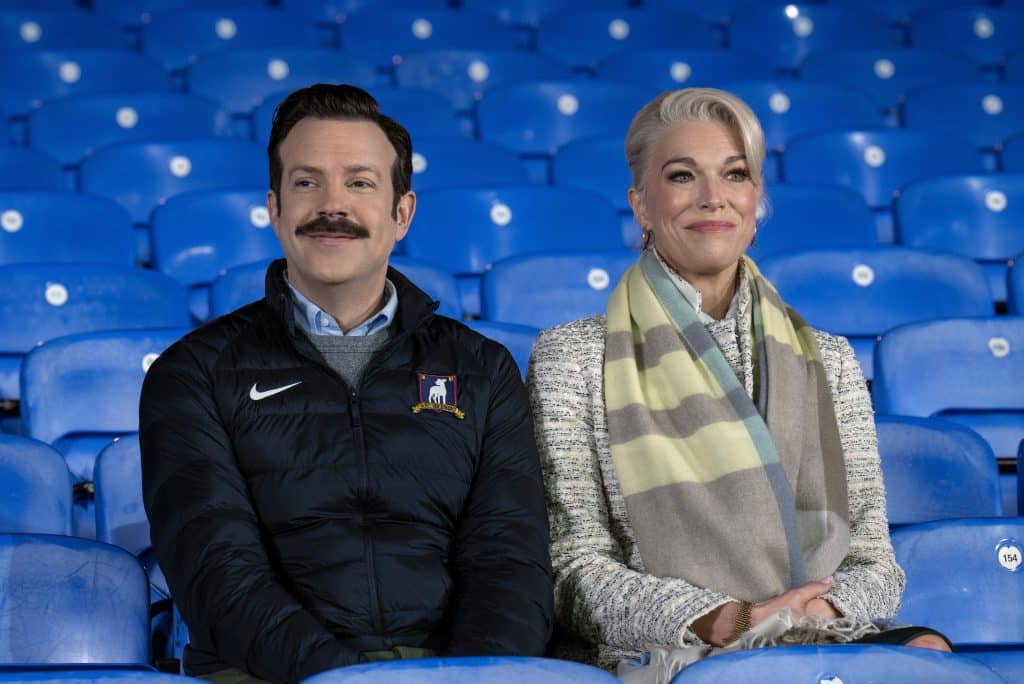The acclaimed series “Ted Lasso” has captured the hearts of viewers worldwide with its blend of humor, heartwarming moments, and complex character arcs. One such character that has intrigued fans is Jamie Tartt, a talented but often troubled footballer. A significant part of Jamie’s storyline involves his relationship with his father (Jamie Tartt), a topic that has resonated deeply with the audience.
From the onset, it’s clear that Jamie’s relationship with his dad is tumultuous. Portrayed as a classic “bad dad,” Jamie’s father is shown as someone who is unsupportive and overly critical, pushing Jamie to the limits in pursuit of success. This constant pressure and lack of genuine affection have deeply affected Jamie’s personality and behavior on and off the field.
Throughout the “Ted Lasso” series, viewers witness Jamie’s struggle to reconcile his father’s expectations with his own desires. The series does a brilliant job of peeling back the layers of Jamie’s tough exterior to reveal the vulnerability and hurt caused by his father’s actions. This tension reaches a climax in Season 2, where Jamie confronts his father during a particularly emotional scene.
In a pivotal episode, Jamie’s father shows up in the locker room after a match, intoxicated and belligerent. He publicly berates Jamie in front of his teammates, pushing Jamie to a breaking point. The scene is raw and powerful, showcasing not just Jamie’s pain but also the support of his team, particularly from Roy Kent, who steps in to defend him.
The confrontation serves as a catalyst for Jamie, allowing him to break free from the toxic influence of his father. It marks a significant turning point in Jamie’s character development, as he begins to understand that his worth is not tied to his father’s approval. This realization helps Jamie to start rebuilding his self-esteem and forge healthier relationships with those around him.
Jamie Tartt’s storyline with his father has had a profound impact on “Ted Lasso” fans, many of whom resonate with themes of parental pressure and the quest for self-acceptance. The series masterfully addresses these complex issues with sensitivity and authenticity, contributing to its widespread appeal.
